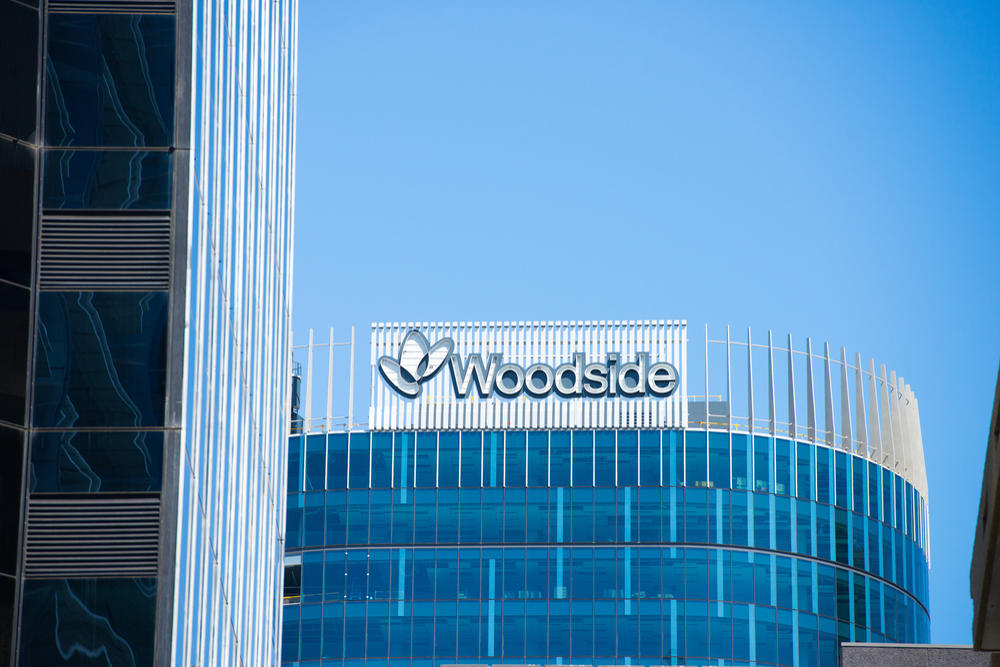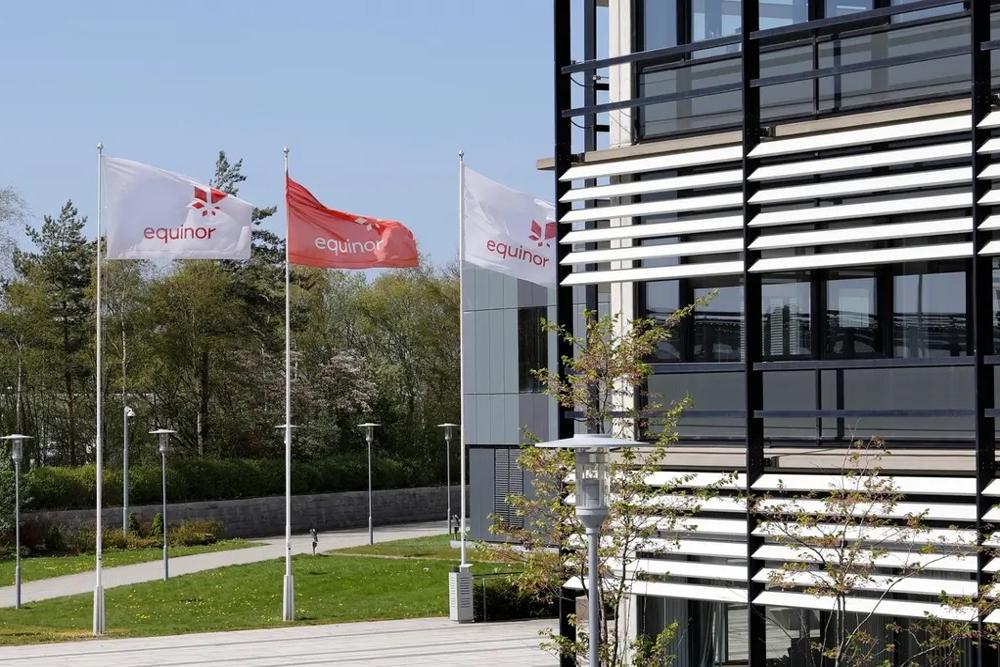
New research from global consultancy group, DNV GL, has revealed that oil and gas companies’ resilience to volatile market conditions will be put to the test in 2019, as business leaders expect the industry to commit to greater investment to meet hydrocarbon demand.
According to DNV GL’s ninth annual report on the outlook for the oil and gas industry, ‘A test of resilience’, two-thirds (67 per cent) of the 791 senior oil and gas professionals surveyed believe additional large and capital-intensive oil and gas projects will be approved this year.
70 per cent plan to increase or maintain capital expenditure in 2019 – nearly doubling 2017’s figure of 39 per cent.
The number of industry leaders who expect to raise or sustain operating expenditure has grown over the two-year period, from 41 per cent in 2017 to 65 per cent for 2019.
Things could be looking up for recruitment as well, as one third (34 per cent) of the senior professionals surveyed expect to grow their workforce in 2019 – more than three times as many respondents than four years ago (10 per cent). Over a third (39 per cent) also expect to increase the use of contractors this year.
CEO of DNV GL – Oil and Gas, Liv Hovem, commented that the global oil and gas industry is entering 2019 with renewed optimism and a greater sense of resilience.
“Despite greater oil price volatility in recent months, our research shows that the sector appears confident in its ability to better cope with market instability and long-term lower oil and gas prices. For the most part, industry leaders now appear to be positive that growth can be achieved after several difficult years,” she said.
Yet Ms Hovem said that while increasing optimism and expectations for higher spending are to be welcomed, there will also be new challenges for the sector this year.
“The industry’s resolve to maintain the efficiencies established during the recent market downturn will be tested as the sector relaxes its focus on cost control, and signs of supply chain inflation and skills shortages emerge.”
Furthermore, half (51 per cent) of senior industry professionals stated that they will focus on actively adapting to a less carbon-intensive energy mix in 2019, up from 44 per cent last year.
While momentum for long-term decarbonisation is building, DNV GL’s research indicates that companies today are more likely to be doing so because they are told to – rather than because they want to.
One-third of the 791 respondents said they are looking to increase their investment in renewable energy in 2019, and more than a third (35 per cent) said their organisations will increase investment in gas-focused projects and portfolios.
Regulation topped the list of factors most likely to drive oil and gas companies to decarbonise their operations in 2019. The energy transition and ‘doing the right thing for society’ came in ninth and tenth place, respectively.
“Not long ago, the industry regarded the energy transition as a transformation on the horizon, however, it has become clear that this significant change is already upon us. The sooner companies start planning and acting, the better,” said Hovem.
DNV GL’s report ‘A test of resilience: the outlook for the oil and gas industry in 2019’ can be found here.







